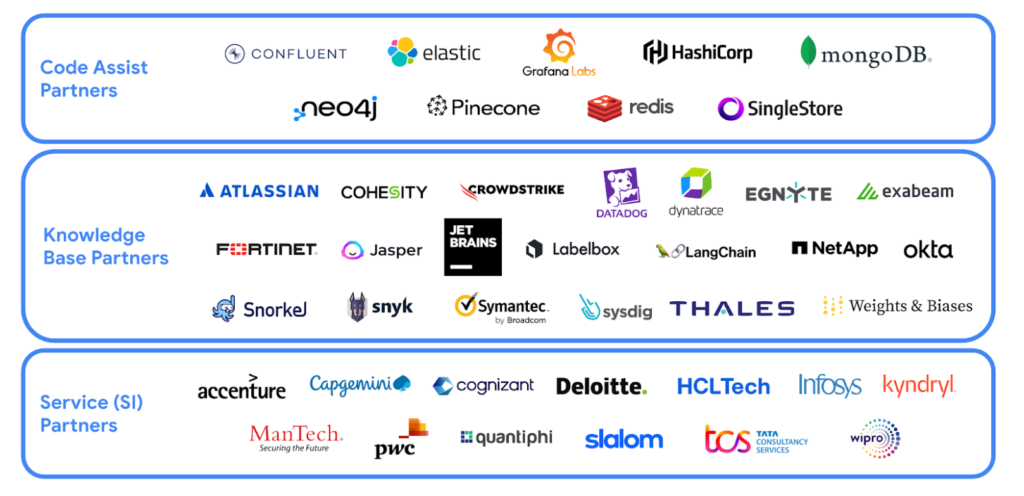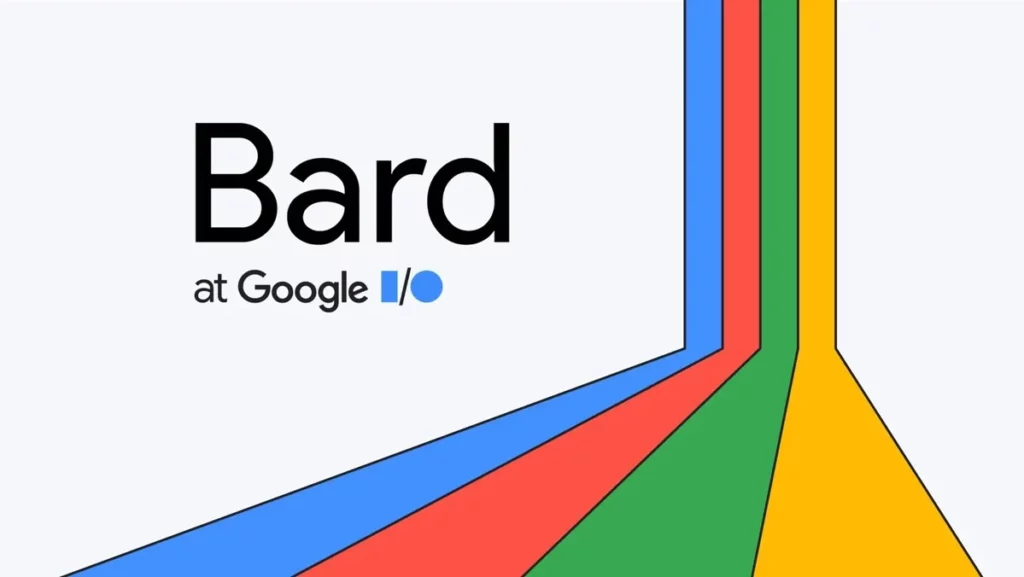In a groundbreaking move, Google has announced its commencement of the long-awaited dismantling of internet cookies, scheduled to kick off on January 4th. The initial phase will witness the blocking of cookies for 1% of Chrome users, totaling approximately 30 million individuals. This marks the inaugural step in Google’s Privacy Sandbox project, designed to replace traditional cookies with an alternative tracking system, purportedly offering enhanced privacy features.
For the past three decades, websites and tech companies have heavily relied on “third-party cookies” to track consumers online. The prevalence of these cookies has allowed businesses, including Google, to collaboratively monitor users’ online activities, raising concerns about privacy infringement.
In lieu of cookies, Google has introduced a new suite of tools that empowers the Chrome browser to internally track users’ online behavior. This data remains on the user’s device, with the browser categorizing individuals into distinct groups, or “Ad Topics,” such as “Yoga Fan” or “Young Conservative.” While websites can inquire about these categories, they are unable to pinpoint the user’s identity, a departure from the conventional use of cookies.
Although Chrome continues to track user activity, a departure from browsers like Firefox and Safari, Google’s revamped version represents a notable stride in privacy preservation. Despite ongoing tracking, this new iteration discloses less information about users and their internet activities.
Victor Wong, Google’s senior director of product management for Privacy Sandbox, emphasized the significant shift, stating, “We are making one of the largest changes to how the Internet works at a time when people, more than ever, are relying on the free services and content that the web offers.”
While these Privacy Sandbox cookie replacements are currently available on the Chrome browser as an optional tool, their adoption signifies a substantial shift given Chrome’s dominance in the browser market. Users have the flexibility to disable these features in their settings if they find them undesirable.
The impending changes may cause disruptions, given the integral role cookies play in various online functions. Google acknowledges potential issues and is actively working to identify and retain essential cookies while phasing out intrusive ones. Users can disable the new “Tracking Protection” tool on demand, and Chrome will prompt users to disable it for specific websites if complications arise.
Come January 4th, a select 1% of users will experience “Tracking Protection” by default, denoted by a distinctive eyeball logo in the URL bar. As Google progresses with its cookie elimination initiative, this transformation stands as a significant milestone in shaping the future landscape of internet privacy.












